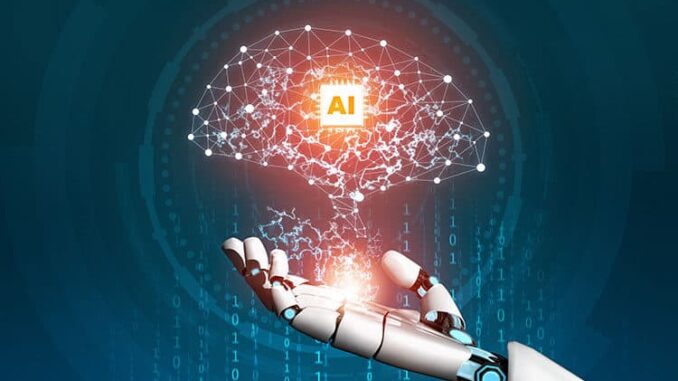
Ethically sound AI applications prioritize fairness, transparency, accountability, privacy, and security. Below are some examples and areas where AI is used ethically:
1. **Healthcare**: – **Diagnostics and Treatment Recommendations**: AI can analyze medical imaging and suggest treatments by identifying patterns in data, enhancing patient care.









– **Personalized Medicine**: AI can help tailor treatment plans based on individual data, improving outcomes for patients.
2. **Environmental Protection**:
– **Climate Modeling and Conservation**: AI can analyze data to forecast climate changes and assist in conservation efforts by monitoring biodiversity and habitats.
– **Sustainable Agriculture**: AI applications can optimize resource use, such as water and fertilizers, reducing waste and environmental impact.
3. **Education**:
– **Personalized Learning**: AI-driven platforms can adapt educational content to individual student needs, helping improve learning outcomes.
– **Accessibility Tools**: AI can create tools for students with disabilities, facilitating better access to educational resources.
4. **Finance**:
– **Fraud Detection**: AI systems can analyze transaction patterns to identify and prevent fraudulent activities, protecting consumers and institutions.
– **Credit Scoring**: Ethical AI can provide more equitable credit scoring models by considering a wider range of factors beyond traditional metrics, reducing bias.
5. **Public Safety**:
– **Predictive Policing**: When done ethically, AI can help allocate police resources more effectively while safeguarding civil liberties.
– **Disaster Response**: AI applications can analyze data from various sources to improve emergency response and disaster management.
6. **Transportation**:
– **Traffic Management**: AI can optimize traffic flow in urban areas, reducing congestion and lowering emissions.
– **Autonomous Vehicles**: Ethical considerations in AI for self-driving cars, including safety and liability, are crucial as the technology develops.
7. **Human Resources**:
– **Bias Mitigation**: AI can be used to analyze recruitment processes to identify and reduce bias in hiring decisions.
– **Employee Well-being**: AI applications can monitor employee engagement and well-being, providing feedback and support.
8. **Legal**:
– **Contract Review and Compliance**: AI can assist legal professionals in reviewing contracts and ensuring compliance with regulations, making the process more efficient.
9. **Arts and Creativity**:
– **Assistive Creativity Tools**: AI can be used to aid artists and musicians, generating new ideas while respecting copyright and creative ownership.
10. **Social Good**:
– **Nonprofit Outreach**: AI can analyze data trends to help nonprofits better understand community needs and allocate resources effectively.
– **Disaster Relief**: AI tools can coordinate resources for disaster relief efforts, improving response times and efficiency.
### Ethical Guidelines for AI Development:
– **Transparency**: Ensure that AI systems are explainable and understandable to users.
– **Fairness**: Actively work to eliminate bias in AI training data and algorithms.
– **Privacy**: Uphold strict data protection principles, ensuring user data is collected and processed ethically.
– **Accountability**: Establish clear lines of responsibility for AI-driven decisions and actions.
– **Human-Centered Design**: Involve stakeholders in the design process to ensure that AI applications meet real human needs.
By adhering to these principles and focusing on applications that serve the common good, AI can be developed and deployed ethically and responsibly.


Leave a Reply